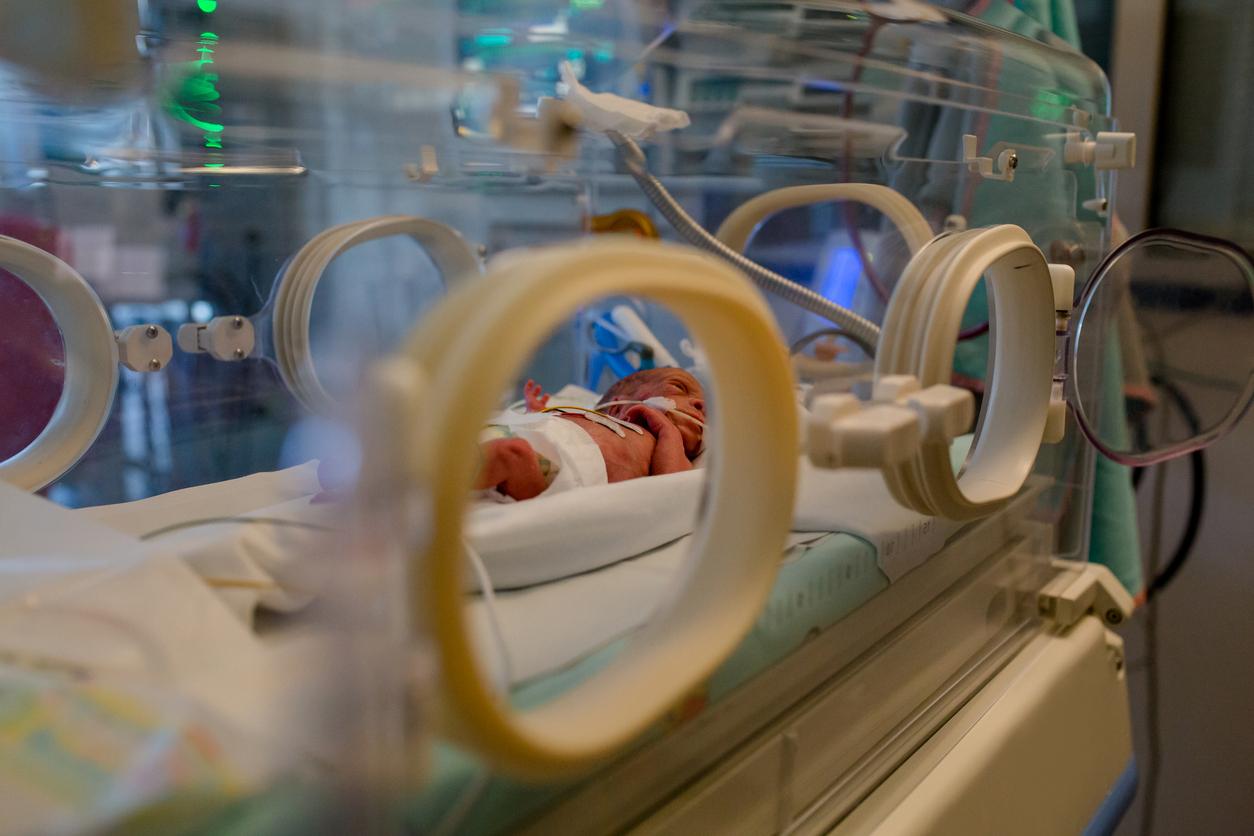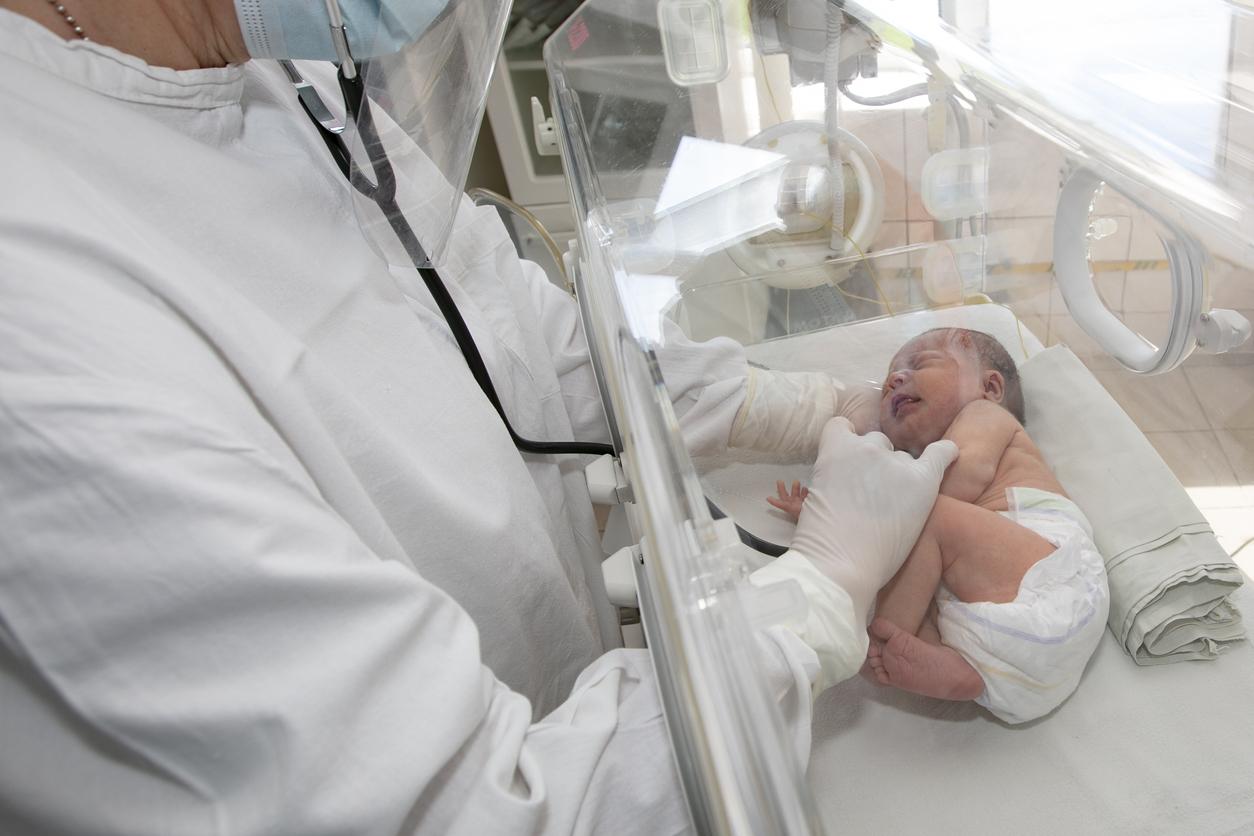Each year, about 5,000 very premature babies are born in the United States after just 22 or 23 weeks of pregnancy. A new study shows that these babies can survive outside the maternal womb, if they are taken care of properly. This study shows that, although the majority of these very premature babies died as a result of this premature birth, a tiny minority survived, but often with health problems.
When interviewing major very premature care centers, the researchers found that neonatal units vary widely in their approach to babies born at 22 or 23 weeks gestation. Some do not offer active medical care and others negotiate with insurance for care such as ventilation, intubation or treatment for lung maturation. “But many of those who survived face severe disabilities,” the researchers point out.
Researchers included 5,000 babies born between 22 and 27 weeks gestation in their study and found that at 22 weeks babies do not survive without medical intervention. Of the 78 cases where active treatment was initiated, 18 survived. And when these grew up, only 7 did not suffer from moderate or severe impairments and 6 of them had serious health problems such as blindness, deafness or severe cerebral palsy.
The course for the 23rd week, on the other hand, seems important. Of the 755 infants born at 23 weeks gestation, 542 received treatment. About a third of them survived, and half of those survivors had no significant health problems growing up.
This study could challenge the consensus on the minimum age of viability of the fetus, which is set at 24 weeks.
Read also :
Survival of very premature babies in France is improving
Premature babies are disadvantaged in school


















